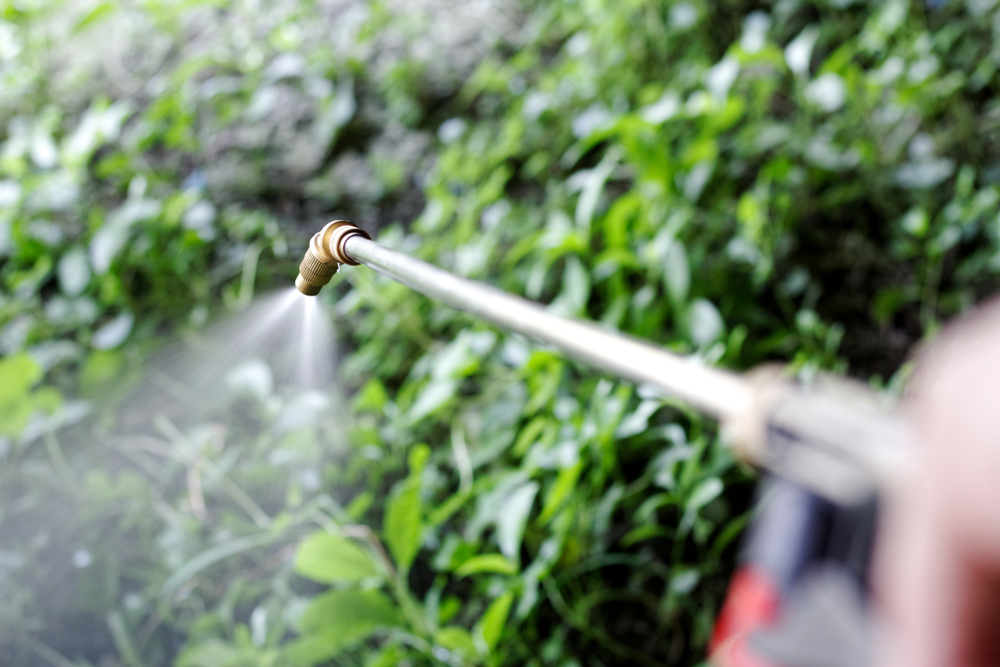The long-standing legal battle surrounding the safety of Roundup, Monsanto and Bayer’s flagship weed killer product, has taken another turn as a federal appeals court has denied the company’s attempt to halt a lawsuit from a Georgia landowner who claims to have developed cancer as a result of using the herbicide. This latest development underscores the mounting challenges Bayer faces in its efforts to contain the fallout from Roundup’s alleged link to cancer, which has already cost the company billions in settlements and legal fees.
The 11th Circuit’s Ruling on Roundup Lawsuit
In a May 8, 2024 ruling, the 11th U.S. Circuit Court of Appeals refused to reconsider a previous decision in February 2024, which rejected Monsanto’s claims that the Federal Insecticide, Fungicide and Rodenticide Act (FIFRA) preempted a lawsuit brought by plaintiff John Carson. Carson alleges in his Roundup lawsuit that he developed cancer after prolonged exposure to the weed killer and argues that the company should have provided stronger warnings about the potential health risks associated with the product.
Roundup Weed Killer’s Alleged Link to Cancer
Roundup, a widely used glyphosate-based herbicide, has been at the center of a contentious debate over its potential health effects. Numerous studies have suggested a link between exposure to glyphosate and an increased risk of developing certain types of cancer, particularly non-Hodgkin’s lymphoma. This has led to a wave of lawsuits against Monsanto and Bayer, with the companies facing billions in settlements and legal costs.
Monsanto’s Legal Maneuvering in Roundup Litigation
Monsanto, now owned by German pharmaceutical giant Bayer, had sought to have the appeals court revisit its previous ruling, in which the court sided with Carson. The 11th Circuit’s refusal to reconsider the decision is a significant setback for Bayer, which had hoped to use the FIFRA preemption argument to shield itself from liability in Roundup-related lawsuits.
Monsanto and Bayer’s next recourse may be to take the matter to the Supreme Court, as the company seeks to find a way to halt the growing number of lawsuits alleging links between Roundup and various forms of cancer, including non-Hodgkin’s lymphoma. However, the Supreme Court’s refusal to take up similar matters in the past suggests that Monsanto and Bayer may face an uphill battle in securing a favorable ruling from the nation’s highest court.
Potential Consequences for the Agrochemical Industry
The Roundup cancer lawsuit is part of a broader trend in product liability litigation, where individuals and communities are increasingly willing to challenge the safety and marketing practices of large corporations. This shift reflects a growing societal awareness of the potential risks associated with certain products and a willingness to hold companies accountable for the consequences of their actions.
As the Roundup controversy continues to unfold, regulatory bodies around the world are facing mounting pressure to re-evaluate the safety and approval processes for glyphosate-based products. This shifting landscape could have far-reaching consequences for the agrochemical industry, as companies are forced to navigate an increasingly complex and uncertain regulatory environment.
Roundup Lawsuit Information
US appeals court finds Bayer not shielded from Roundup lawsuit, Reuters
Bayer again asks appeals court to shield it from Roundup cases, Reuters




